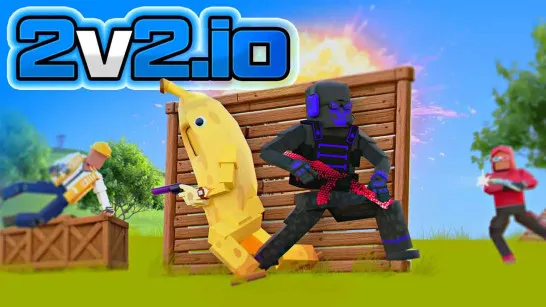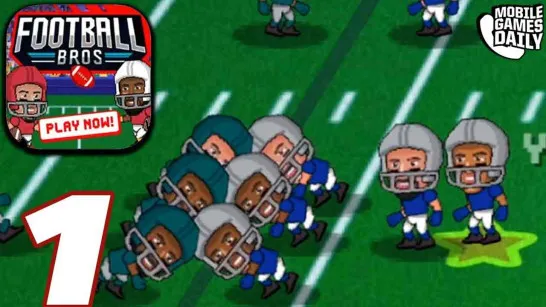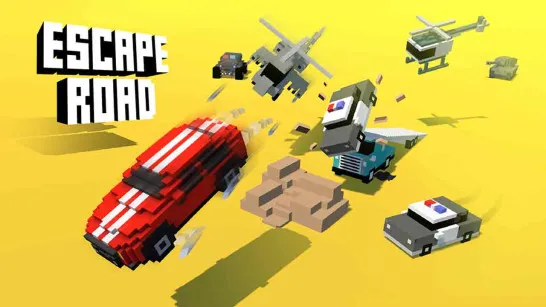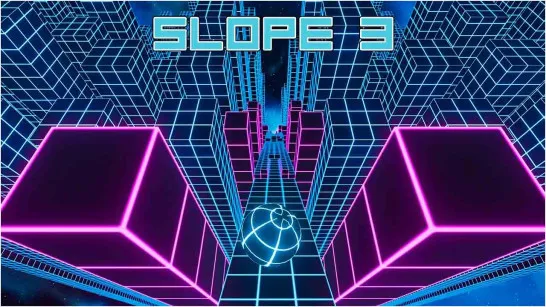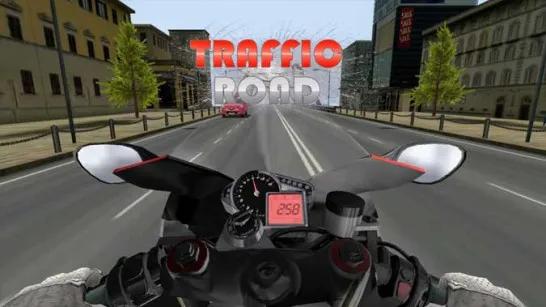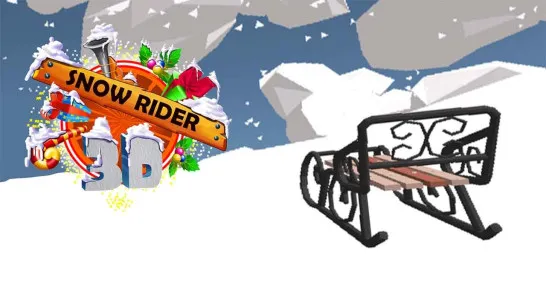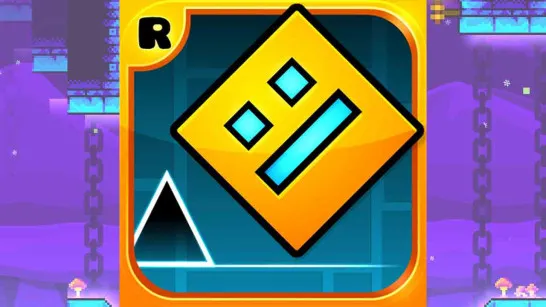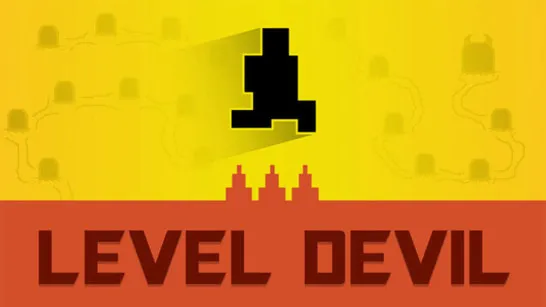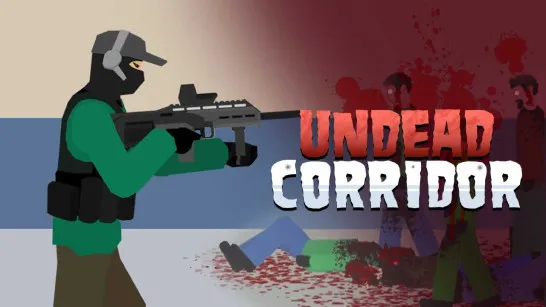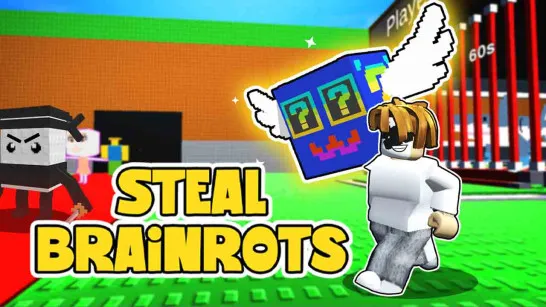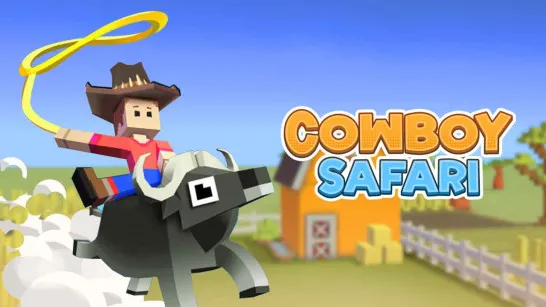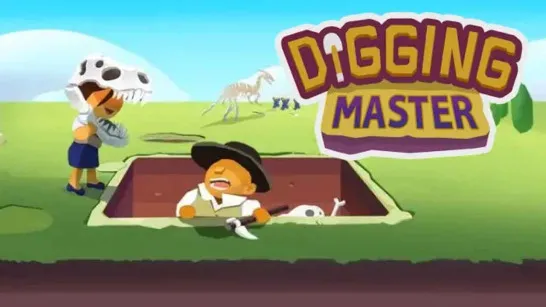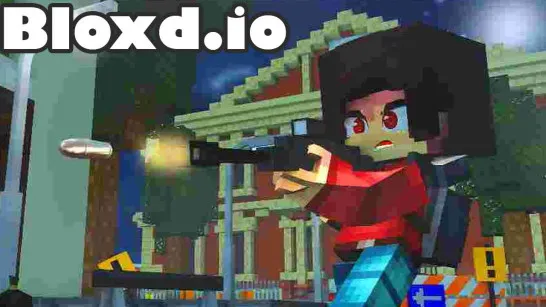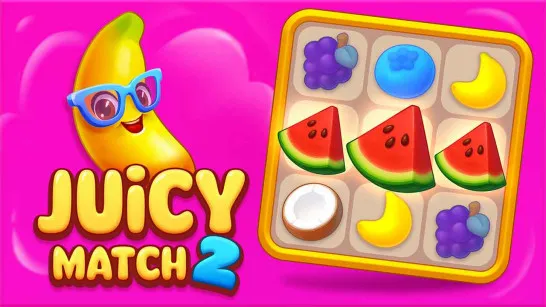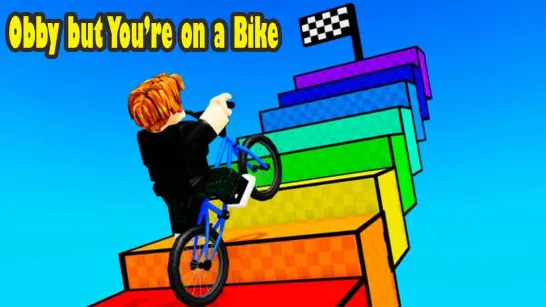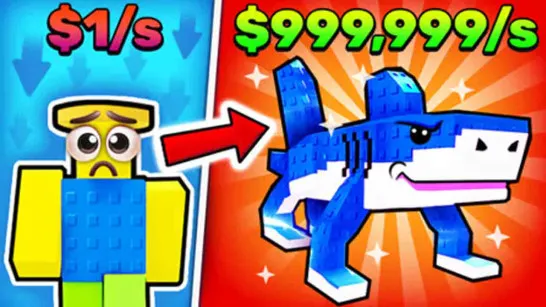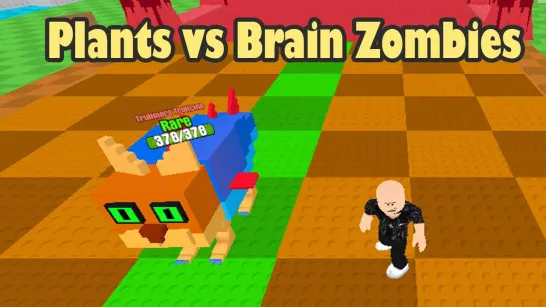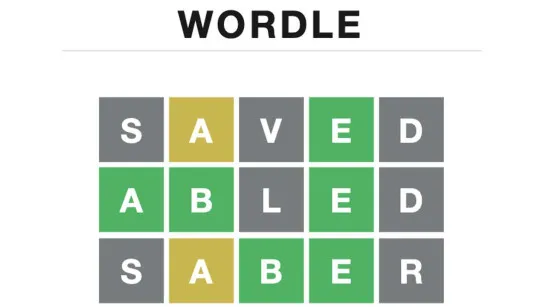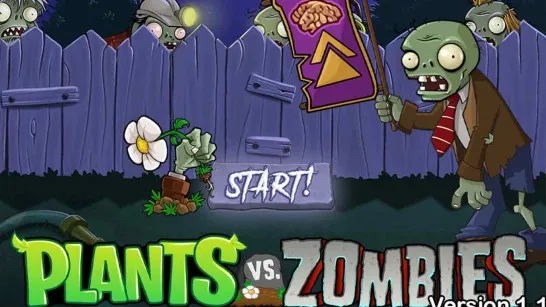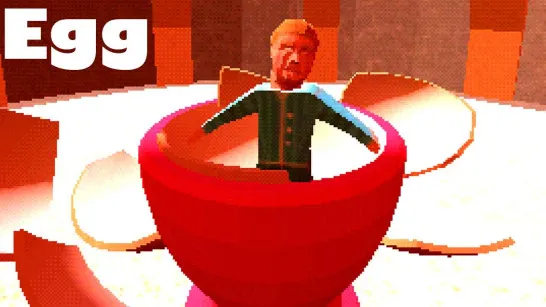
Controls Guide in Sudoku
- Click on a Square: Select any blank tile on the grid.
- Use Number Keys: Type a number between 1–9 to fill the tile.
- Use Pencil Marks: Some versions allow tentative inputs for testing.
- Undo/Redo: Step backward if you make a mistake.
- Check Button: Use this option to verify your progress (if available).
Sudoku
Sudoku is a globally beloved logic-based number puzzle game that challenges your mental agility and problem-solving skills. Whether you’re a seasoned solver or just discovering the game, Sudoku offers a fun and stimulating experience that’s perfect for short breaks or extended play sessions. With its clean grid design and classic appeal, Sudoku continues to be one of the most played brain games online and offline.
What Is Sudoku?
Sudoku is a number-placement puzzle played on a 9x9 grid divided into nine 3x3 subgrids, known as regions. The goal is to fill every empty cell with a number from 1 to 9 so that each row, column, and region contains each number exactly once. The catch? Only a few numbers are given at the start, and you must use logic not guesswork to solve the rest.
Sudoku originated from a game called "Number Place," which appeared in an American puzzle magazine in 1979, but gained explosive popularity in Japan in the 1980s. Today, it is a universal symbol of mental challenge and fun.
Why Sudoku Is So Addictive
The magic of Sudoku lies in its simplicity and depth. There are no complex rules to memorize just numbers, deduction, and focus. But don’t let its minimalist appearance fool you; Sudoku puzzles range from beginner-friendly to mind-bendingly difficult.
Benefits of Playing Sudoku
- Improves concentration and memory
- Strengthens logical thinking and pattern recognition
- Provides a calming, screen-friendly pastime
- Great for all ages and skill levels
Whether you're solving a daily puzzle on your phone or printing out a sheet to challenge a friend, Sudoku sharpens the mind and brings a satisfying sense of accomplishment when completed.
Rules & Strategy to Play Sudoku
- Fill the Grid: Each row, column, and 3x3 subgrid must contain numbers 1 through 9 with no repetition.
- Start with Given Clues: Use the pre-filled numbers as anchors.
- Use Logic, Not Guessing: Look for obvious numbers using strategies like "naked singles" and "hidden pairs."
- Work Methodically: Scan rows and columns for missing numbers. Eliminate impossible options as you go.
Advanced players may use techniques like X-Wing, Swordfish, and Coloring to crack tougher puzzles, but even beginners can make solid progress with patience and observation.
Controls Guide in Sudoku
- Click on a Square: Select any blank tile on the grid.
- Use Number Keys: Type a number between 1–9 to fill the tile.
- Use Pencil Marks: Some versions allow tentative inputs for testing.
- Undo/Redo: Step backward if you make a mistake.
- Check Button: Use this option to verify your progress (if available).
Many online Sudoku games also offer adjustable difficulty levels, daily puzzles, timers, and hints to keep things fresh and competitive.
Variations of Sudoku to Try
Sudoku has inspired dozens of variations that spice up the original formula:
- Mini Sudoku (4x4 or 6x6 grids for kids or quick sessions)
- Killer Sudoku (with math operations)
- Samurai Sudoku (multiple overlapping grids)
- Hyper Sudoku (with extra regions)
These puzzles bring exciting twists to the classic gameplay while keeping the logic-based essence intact.
Puzzle Games You Might Enjoy
If you love number puzzles and logic challenges, check out similar games like:
- 2048 – A strategic sliding tile game based on powers of two
- Tetris – The ultimate tile-matching game of shapes and reflex
- Minesweeper – Classic grid-based deduction game
Sudoku is more than just a game, it's a mental workout, a relaxing break, and a timeless companion for puzzle lovers. With endless variations, scalable difficulty, and proven cognitive benefits, Sudoku remains a staple in the world of logic games. Whether you play for fun or challenge, Sudoku never gets old, just more satisfying with every solved puzzle.


